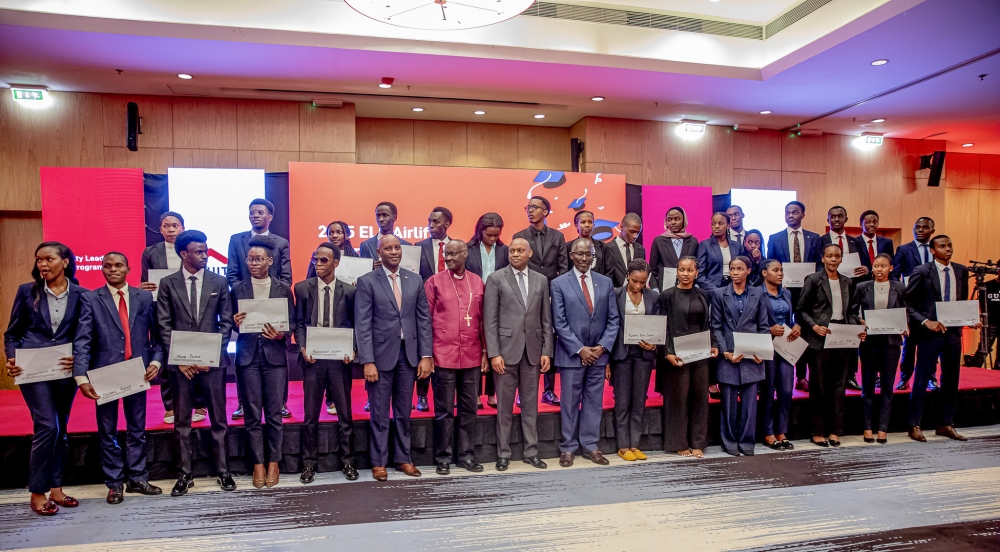Kolmanskop, near the town of Luderitz, in western Namibia, is a town of sand. Streets run along hills and those streets are adorned with homes, businesses, even casinos and theatre halls. All full of sand. Kolmanskop is a town that found its influence during the first decade of the 20th century, when the discovery of diamonds in the area led to a migration explosion to one of the least hospitable environment on Earth.

Kolmanskop, near the town of Luderitz, in western Namibia, is a town of sand. Streets run along hills and those streets are adorned with homes, businesses, even casinos and theatre halls. All full of sand.Kolmanskop is a town that found its influence during the first decade of the 20th century, when the discovery of diamonds in the area led to a migration explosion to one of the least hospitable environment on Earth.
The town grew in leaps and bounds until the diamonds ran out, as did the residents, and soon the entire city collapsed and desertification moved in.
Today, the De Beers mining company has a 50 per cent stake in the resource of the country. The national government of Namibia owns the other half of NAMDEB. It is a necessary partnership for Namibia, as would be for many countries that have the resources but not the expertise to conquer them; but it’s exhaustive for the country and parity between the state and a private enterprise borders on neo-colonial. Although diamonds could have made many rich, the country currently suffers from a sometimes 40 per cent unemployment rate.
(Debswana, it should be said, a similar joint venture with Botswana, has been the engine of a healthy living for the neighbour, where growth and more than fifty years of stability has made the country one of the most successful in Africa.)
As Rwanda looks towards potential oil reservoirs in the northwest of the country, resource-demographic management is the key. Rwanda can go the way of Botswana or the way of Namibia, or even worse, the way of the Congo. It could even go the way of the Arab states that have made their entire population learned, wealthy, and global by execution of their resource and planning ahead.
The key to that is transparent, thoughtful management and dissemination of the resource. Rwanda must own its resources if and when they are discovered. It has been paradoxical blessing that the treasure and torture of high-demand resource has not yet befallen the country. It must use any resources not as crutches but as stepping stones. We should never rely on a finite object in the ground to get us, but we can use them well to set us up for another economic dimension.
The pride and strength of Arabia is what the African mind needs. The African mind has it, but the state does not. In too few rare cases has an African government, rather people, truly owned their resources. Whether it is because of colonial history or lack of professional capacity, it happens over and over again across the continent.
Let us change this.
Ends




